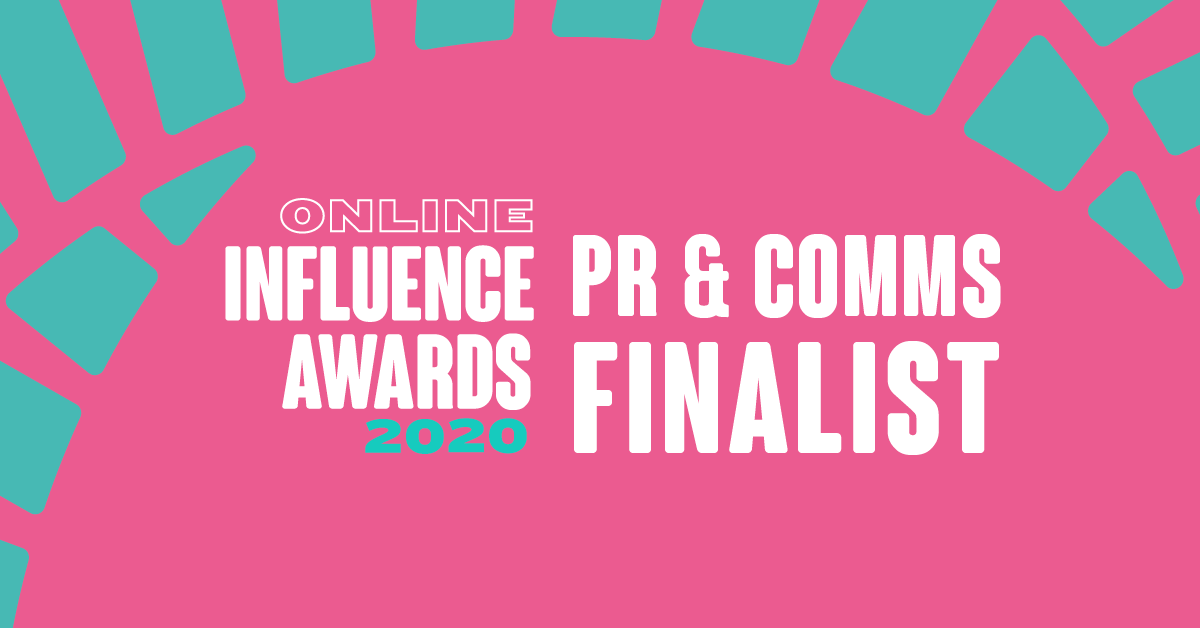After what seems like many weeks the Chief Executive of NatWest has stood down over the, Coutts and Nigel Farage bank account issue. It follows an admission that she was responsible for the personal information about Mr Farage being shared with a journalist. This was followed by a message of support from the board, only for things to take a turn hours later when the UK Government expressed concern about Dame Alison Rose remaining in post.
The saga has been in the headlines for weeks. There were statements, counter-statements and a struggle to get to the truth of what had happened. I am not going to discuss the rights and wrongs of who holds bank accounts, but what is important is what appeared to be an attempt to hide the reasons for the bank account being terminated which finally emerged in the report.
In training and all I do, I stress the importance of honesty and integrity if you are going to be able to manage a crisis. The situation may feel really difficult and challenging, and you may be under pressure but any attempt to hide or cover up will just make things worse. It is never the issue that occurs it is the cover up that follows which will be your undoing.
Avoiding the issue comes in many forms. It starts with a failure to accept that there is a crisis. Recognising there is a crisis is the first step to being able to effectively deal with it. It can be followed by gaslighting, and an attempt to undermine people’s views. This is a very delicate situation if the views are merely perceptions and may be factually inaccurate. But the views are real to those that hold them and this should never be ignored.
There may also be an attempt to withhold important information or to use legislation to justify the gaps. It may be challenging to provide details and to be as complete as you may want to be. If you are communicating in these situations keep asking why the information cannot be released, and recognise that any gaps may be used against you. The more detail you can provide, the more you can explain and the more you demonstrate transparency the more favourable you will be perceived.
Finally, there is the overt attempt to cover-up what has happened. The deliberate misleading about the situation will lead to more damage than whatever the situation was. The initial event may have been survivable with honesty, but the cover up may lead to lasting damage for a business or brand.
All this is a careful balance for PR and communication professionals. When does the development of the narrative become an attempt to cover up? When is the withholding of information more than a regulatory or legal requirement? This is why an ethical approach is so critical to crisis communication and management. In these difficult situations, PR and communication professionals need to be pressing for the right action to be taken. I am sure the NatWest case and others will be used as examples to help support these arguments in the future.


